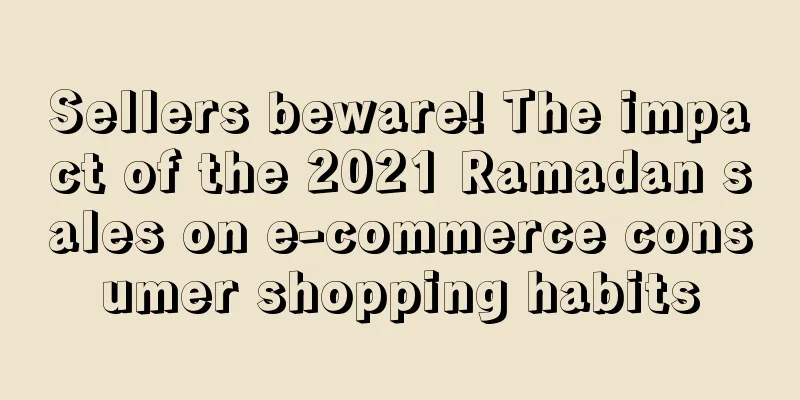What is USDA certification? USDA certification Review, Features

|
USDA (United States Department Of Agriculture) organic certification is the most authoritative organic certification in the United States, and the certification body is the United States Department of Agriculture.
About USDA The function of the United States Department of Agriculture can be summarized in one sentence, that is, "from field to table". USDA organic certification is the highest level of organic certification in the United States. It strictly controls from raw materials to production to ensure that its products do not contain any ingredients that are harmful to the human body and are 100% beneficial. As an organic food certified by the United States Department of Agriculture, the USDA logo must be 100% organic ingredients to be used.
Production standards for organic food in the United States 1. The use of genetically modified substances, radiation and sewage sludge is prohibited in organic production; 2. The use of antibiotics and growth hormones is prohibited in organic livestock farming; 3. 100% organic feed must be used in organic livestock breeding; 4. Production and processing materials specified in the "National List of Artificial Substances Allowed for Use and Natural Substances Prohibited for Use" must be used; 5. Any farm must not have used prohibited substances for three years before it can be certified as an organic production farm; 6. Any livestock to be slaughtered must be raised in an organic manner from two months before birth until its entire life in order to be certified as organic livestock; 7. Organic livestock must be raised outdoors, and ruminants must be raised on pasture.
USDA specific standards 1. The ingredients used do not contain any chemical synthetic substances, such as fertilizers, pesticides, antibiotics, food additives and genetically modified animals and plants. 2. The soil where the ingredients are grown must not have been used with chemical synthetic substances for at least three years. 3. Check production and sales records regularly. 4. Maintain strict physical separation of organic certified products. 5. Inspect the production facilities and buildings of organic products. 6. Products made entirely of organic ingredients can be labeled "100% organic" or use the USDA logo. 7. Products that use more than 70% organic ingredients can be called "made with organic ingredients." However, they cannot use the USDA logo. The U.S. Department of Agriculture has designated 55 agencies in the United States to conduct USDA audits on product ingredients. For example, OTCO (Oregon Tilth Certified Organic) is an organic certification agency in Oregon.
Logo Usage Instructions The following two signs can usually be seen on product packaging: 1. USDA logo: must be 100% organic ingredients to be used. 2. Made with Certified Organic ingredients: This means that the water and salt contained in the whole bottle of water are more than 70% organic ingredients, which is also a sub-symbol of organic certification. Organic Products Management Agency The USDA is responsible for managing the legislation, certification, penalties and international cooperation of organic products in the United States. This is specifically done by the NOP under its Agriculturaltural Marketing Service (AMS), which has three divisions: the Standards Division, the Accreditation and International Cooperation Division, and the Supervision Division. They are responsible for agency approval (accreditation), complaint handling, case investigation, implementation of penalties, market monitoring, regulations, standards, revision of the National List, interpretation of regulations and standards, etc. The National Organic Standard Board (NOSB) under the USDA is responsible for making recommendations on the formulation and revision of organic standards. NOSB consists of 15 members: 4 farmer representatives, 3 environmental experts, 3 consumer representatives, 2 processor representatives, 1 retailer representative, 1 scientist (ecology, chemistry, toxicology) representative and 1 USDA accredited agency representative. NOSB has 6 sub-councils: Planting Crop Sub-Council, Livestock Sub-Council, Organic Operation Sub-Council, Input Material Management Sub-Council, Certification and Accreditation and Conformity Assessment Sub-Council, and Policy Recommendation Sub-Council.
International Cooperation The United States has signed two-way mutual recognition agreements with Canada, the European Union, and Japan, a recognition agreement for U.S. exported organic products with Taiwan, China, and a recognition agreement for organic products imported into the United States with New Zealand, India, and Israel. NOP has recognized dozens of certification bodies from 26 countries and regions, including Australia, Germany, Argentina, New Zealand, the United States, Australia, Peru, Switzerland, Italy, Bolivia, India, Spain, Japan, Belgium, Mexico, the Netherlands, France, Armenia, Costa Rica, Turkey, Brazil, Israel, Guatemala, Canada, Austria, and Taiwan, China. These certification bodies can certify organic products outside their countries (regions). Currently, certification bodies from 10 countries and regions, including Australia, Germany, Japan, and the United States, have carried out organic product certification in China for export to the United States. |
<<: What is Way Day? Way Day Review, Features
>>: What is PopSockets? PopSockets Review, Features
Recommend
Hot commodity? Rumor has it that Amazon and Pinduoduo are interested in acquiring Kuaishou
It is rumored online that Amazon is interested in...
What is Unai Testing? Unai Testing Review, Features
Established in 2012, Younai Testing is an independ...
What is Sunjet Wizard? Sunjet Wizard Review, Features
Founded in 2020, Xunjie Elf is committed to creati...
What is ACAS? ACAS Review, Features
ACAS (Air Cargo Advance Screening) is a joint prog...
What is Carta? Carta Review, Features
Carta provides electronic equity management servi...
Hurricane Ian hits, Amazon urgently closes some warehouses
According to foreign media reports, as Hurricane ...
What can I do if I leave Shenzhen and stop working for Amazon when I am over 30?
The contradiction of Shenzhen cross-border seller...
Indian B2B platform Bizongo receives $51 million in funding
India's Bizongo is an industrial materials B2...
Production plummeted by 30%! Will French wine prices increase?
France is famous for its romance. It has many cul...
The listing of a hot-selling product was removed from the shelves. The seller said: Is it wrong to have a large number of orders?
Recently, a seller published a post, the content ...
What is Paravel? Paravel Review, Features
Paravel is a sustainable travel brand dedicated t...
India's second largest physical retailer enters the market, and the $200 billion Indian market is making waves again
Indian retail company Future Retail said on Thurs...
What is Just Launched? Just Launched Review, Features
Just Launched sellers are accounts whose stores d...
The wind has changed! 41% of Amazon sellers place ads outside the site
Recently, e-commerce data statistics agency Jungl...
Family Dollar partners with Instacart to launch same-day delivery service
As e-commerce becomes more popular, online grocer...









